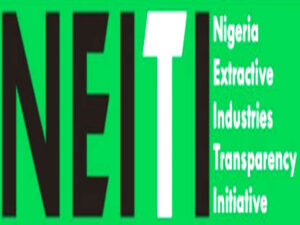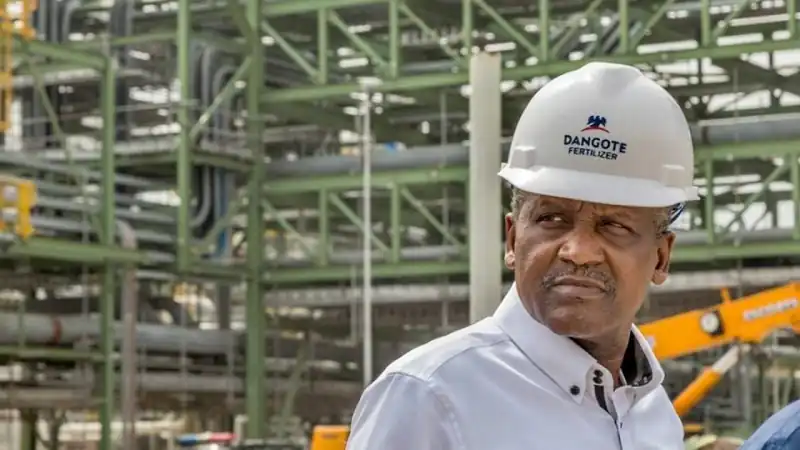With capacity shrinking, S’Africa becomes largest buyer
Nigeria has ended its multi-year run as Africa’s largest importer of petroleum products on the back of the commencement of operations of the Dangote refinery, which has massively ramped up throughput since around September last year.
The title is now held by South Africa, where operational fuel-making capacity has shrunk, according to a consultancy, CITAC, a leading downstream African energy specialist.
Billionaire, Aliko Dangote’s 650,000-barrel-a-day plant started ramping up in 2024, part of Africa’s leading crude producer’s aim to stop sending oil to Europe to be processed and shipped back, a Bloomberg news report said.
Despite being one of Africa’s largest crude oil producers, Nigeria had been a paradox, with abundant crude oil reserves but insufficient domestic refining capacity.
Its four state-owned refineries in Port Harcourt, Warri, and Kaduna built between the 1960s and 1980s fell into severe disrepair due to poor maintenance, corruption, mismanagement, and underinvestment.
By the late 1990s and early 2000s, the refineries were operating far below capacity or completely idle. Efforts to revamp them repeatedly failed or stalled. Added to that, heavily subsidised fuel prices made it economically unattractive for private investors to build or run refineries. Government policies also lacked the consistency needed to incentivise refining sector growth.
Nigeria consistently spent billions of dollars annually importing refined petroleum products, especially petrol, diesel, and kerosene to meet domestic demand, thereby straining the country’s foreign reserves and contributing to chronic foreign exchange shortages and currency volatility.
But the privately owned Dangote Refinery since the commencement of production, marked a potential shift toward self-sufficiency, with the removal of fuel subsidies and renewed focus on refining having created a more favorable environment for domestic refining investments.
“Nigerian imports are dropping as a result of the continued operation of Dangote,” Executive Director at energy , Elitsa Georgieva, said in response to questions by Bloomberg.
“Since the beginning of this year, South African imports have been consistently highest in sub-Saharan Africa,” Georgieva said.
The shift illustrates the ambition of several African nations, including Uganda and Mozambique, to increase domestic refining capacity, a difficult task even for Dangote, whose $20 billion project went over budget and took longer than anticipated, according to Bloomberg.
Still, traders including Glencore Plc and Vitol SA have found opportunities to supply fuel to South Africa where a number of refineries have shut since 2020.
South Africa imported 4.2 million tons of refined products in the first quarter of 2025, while Nigeria landed 3.1 million tons, according to CITAC. It estimates South Africa will import around 15.5 million tons this year, almost twice as much as Kenya with 8.9 million tons and Nigeria with 6.4 million.
Over the last five years, South Africa’s refining capacity has been halved due to accidents and a lack of investment, with imports meeting more than 60 per cent of demand, according to state-owned logistics firm, Transnet SOC Ltd.
The government last year bought the shuttered Sapref refinery from Shell Plc and BP Plc to try and grow domestic production again.
According to the report, South Africa could draw even more fuel traders in the near-term as it seeks supply. Swiss commodities firm, Gunvor, was among companies shortlisted to buy Shell’s retail stations, people familiar with the matter said last month.





